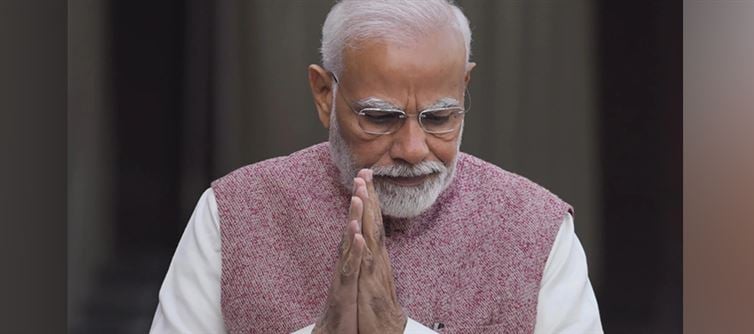
Another major reason is the deep political sensitivity and social volatility surrounding the issue. In many border states like West Bengal, Assam, and parts of the Northeast, the presence of undocumented immigrants—particularly from Bangladesh—has been a politically charged topic for decades. Allegations of illegal migration often intersect with religious, linguistic, and ethnic identities, making false accusations a serious concern. There is also the fear of misuse: a centralized, open-access helpline might be weaponized to target minority groups or economically vulnerable populations based on appearance, dialect, or occupation. The indian government remains cautious, preferring to rely on internal intelligence, local police verification, and discreet mechanisms rather than risk social unrest with an open helpline system.
Diplomatic and geopolitical considerations also play a role. india shares a long and sensitive border with Bangladesh, and maintaining stable bilateral relations is critical for regional security, trade, and counterterrorism cooperation. Any large-scale or highly public crackdown, especially one triggered by a helpline-fueled citizen campaign, could damage these ties and complicate existing repatriation or deportation efforts. Currently, complaints regarding illegal immigrants can be routed through portals like CPGRAMS (Centralized Public Grievance Redress and Monitoring System), or reported directly to local law enforcement. While not as streamlined as a 24/7 national helpline, these systems are designed to balance enforcement with due process and prevent communal flare-ups.




 click and follow Indiaherald WhatsApp channel
click and follow Indiaherald WhatsApp channel